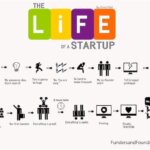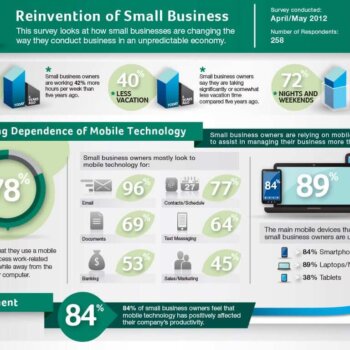Stress is the feeling of being under too much mental or emotional pressure and is a condition that affects people everyday. Pressure turns into stress when you feel unable to cope. People have different ways of reacting to stress, so a situation that feels stressful to one person may be motivating to someone else.
In order to successfully manage stress, it is important to first recognize the sources of stress.
– Constant demands from the environment including interruptions and distractions
– Inability to stop and enjoy the present moment
– Recurring bad memories and negative thoughts
– work, family and future worries
– recurring bad memories
– bad nutrition
The difference between those who are successful and those who aren’t is how you deal with it. Here are 5 scientifically proven strategies for managing stress when it comes.
Switch Off
Enjoy some quiet time and turn off your mobile phone and computer. Enjoy the peace in a quiet and comfortable spot.
Learn to say no
Most people are get distracted and get pulled in various directions all the time. In addition, people volunteer or serve simply because they feel obligated to do so. Learn to say no every one in awhile and use the time doing something you enjoy.
Start exercising
Exercise is a great way to relieve stress. You can start by finding a physical activity that you enjoy doing.
Think Positive
By thinking positive, you overcome your anxiety and you may find that simple things that caused stress no longer affects you.
What’s the big picture?
Sometimes, when you are feeling stressed, it helps to take a step back and evaluate the “big picture”. It can help motivate you in the face of stress and challenge.





























